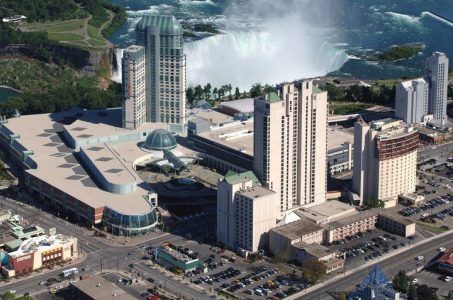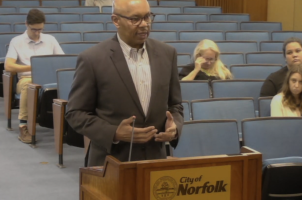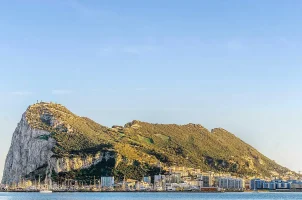Medvedev Approves Gambling Zone in Occupied Crimea in Effort to Boost Tourism
Posted on: October 29, 2019, 05:30h.
Last updated on: October 29, 2019, 10:39h.
Russian Prime Minister Dmitry Medvedev has authorized the creation of a new gambling area in occupied Crimea, a region annexed by Russian during a military conflict with neighboring Ukraine in February and March 2014.

Medvedev approved the creation of a casino gaming zone in the Zolotoy Bereg coastal area in Yalta along the Black Sea. Zolotoy Bereg translates to “Golden Coast,” a phrase used in reference to several other tourist destinations throughout the world. The space set aside for gaming in Crimea measures 147,000 square meters, or just over 91 square miles.
Crimean authorities had sent a package of documents to Russia’s Finance Ministry to create the gambling zone on the territory of the former health resort ‘Fortuna,’” according to the news agency Unian.
Gambling has been barred in Ukraine since 2009. In Russia, there are just four regions where it’s permitted – Altai, Krasnodar, Kaliningrad, and Primorsky. Tigre de Cristal, the lone casino in the Far East Primorsky region, is operated by Hong Kong-listed parent company Summit Ascent Holdings, and has shown some signs of success, albeit modest compared to venues in more traditional gambling hubs such as Las Vegas and Macau.
Prime Tourist Spot
Sergey Aksyonov, the head of Crimea and also a politician that must answer to his bosses in Moscow, meaning Medvedev and Russian President Vladmir Putin, is looking to position the occupied territory as a destination for VIP gamblers by confining casinos to the Golden Coast’s glitziest hotels.
Aksyonov’s plan could be tested because of the debatable element of Crimean tourist data following the Russian annexation. In the four years prior to the invasion, Crimean resorts lured about 6 million tourists per year, but most of those visitors were from Ukraine.
In 2014, the year of the conflict, Russian authorities estimate that 3.8 million travelers flocked to Crimea. But other estimates are closer to 1.5 million. Russian media and Ukraine outlets that are pro-Moscow report that Crimea drew 6 million tourists, with almost 95 percent coming from Russia.
Naysayers allege those numbers are “fake news,” claiming the Golden Coast had just 500,000 tourists in 2018, with most being from Ukraine.
Support For The Idea
While the tourism statistics are up for debate, the idea of more gaming properties along the Black Sea has support outside of Moscow. Perhaps in an effort to curry favor in the Kremlin, newly elected Ukraine President Vladimir Zelensky supports casino expansion in the region.
There is, however, speculation that Zelensky could look to partner with Turkey on a gaming deal, because Turkish President Recep Tayyip Erdoğan is known to complain about his country’s lack of proper gaming venues.
Even if Ukraine does expand its domestic gaming industry, the turnover is likely to be small compared to other regions. The government forecasts revenue of about $193 million by bolstering gaming opportunities there.
That’s an annual figure. By comparison, Las Vegas Sands, the largest US casino operator, generated third-quarter revenue of $2.11 billion in Macau alone.
Related News Articles
Niagara Fallsview Casino Theatre Proposal Would Block Views of Falls
Connecticut Satellite Casino Blueprint Leaves Some Locals Underwhelmed
Most Popular
Tropicana Las Vegas to be Imploded, Tentative Date Set
VEGAS MYTHS BUSTED: Golden Gate is the Oldest Casino in Vegas
DraftKings Leads Bank Sports Betting Survey, ESPN Bet Surprises
Most Commented
-
End of the Line for Las Vegas Monorail
— April 5, 2024 — 90 Comments -
Long Island Casino Opponents Love New York Licensing Delays
— March 27, 2024 — 5 Comments
















No comments yet